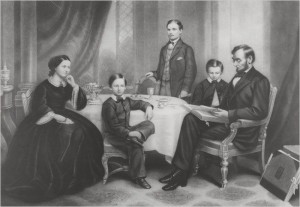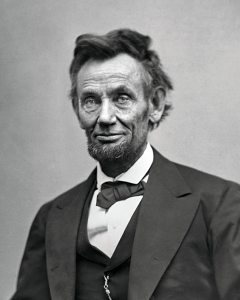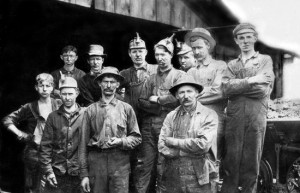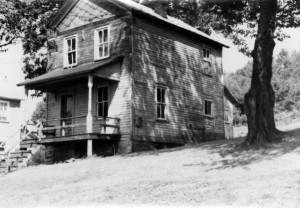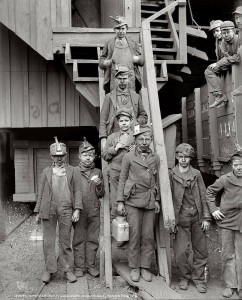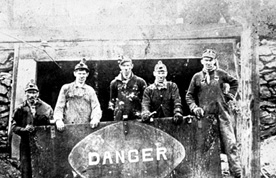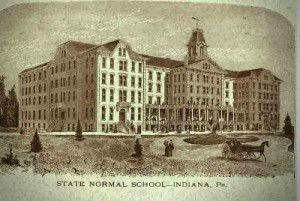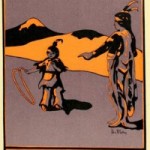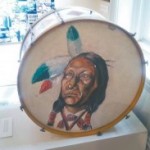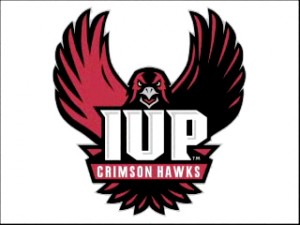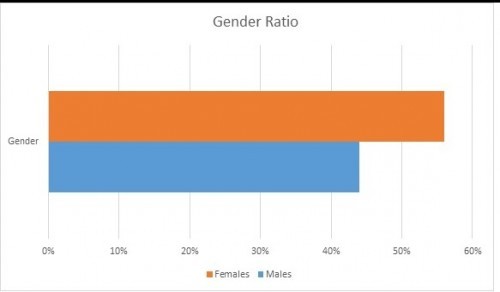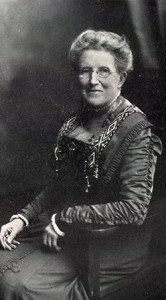Now that the end of the semester is upon us, my time as an intern at the IUP Libraries is almost over. I graduate from IUP at the end of next semester and there are many things that I think about. Most of all, I ask myself if I will be ready to be in the “real world” or not. I still do not have all the answers, but my time as an intern at the IUP Libraries has helped me develop skills that I can use towards my future career and endeavors. It has given me opportunities to work in a more professional setting than I have previously experienced, I learned how to write a blog and improved my writing and researching skills.
For my internship, I wrote a series of entries for the Library blog (Banned Book Week, IUP: A History, Pennsylvania and the Coal Mines, and Abraham Lincoln: A Wonderful Collection), I was allowed to choose the topic of each blog post, research the topic, and then compose each blog post and submit them for review prior to publication. I then create a Facebook post and tweet to announce the new post. For each blog post, I picked the topic from what is available in the IUP Libraries’ Special Collections. I also went to the Banned Book Week event and wrote a blog post on it before the event, to advertise the event and let people know a little more back story on the event and why it’s important to read banned books.
My time as an intern was very eye-opening. I learned how to write in a different style that I had no background with, and it solidified the fact that I wanted to work in a University setting. I am very excited to enter the next phase of my life, but I will always remember my time as an intern at the IUP Libraries.

